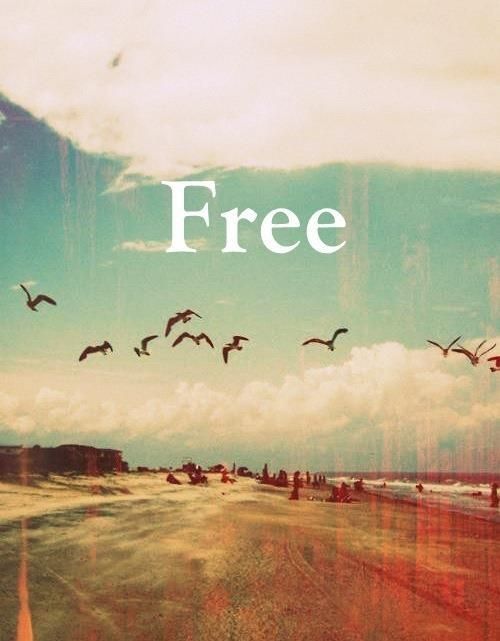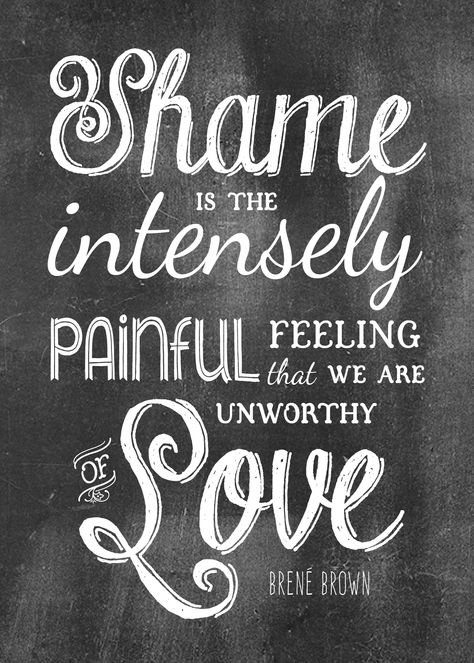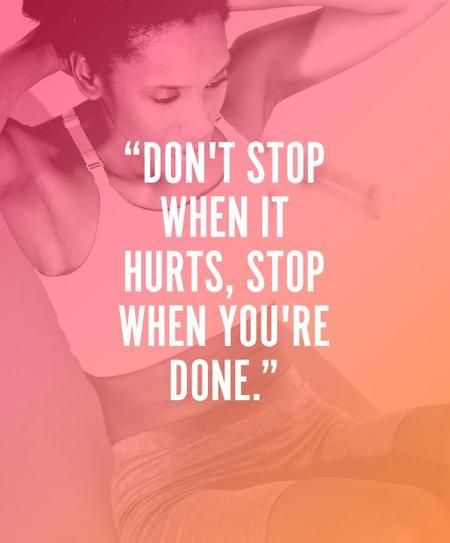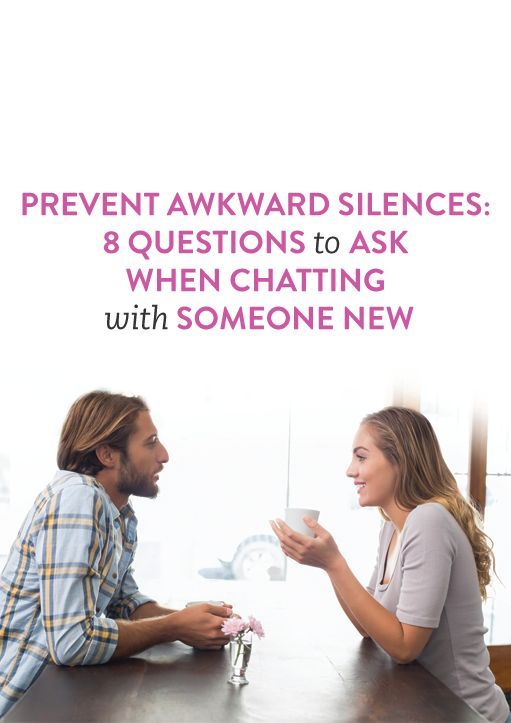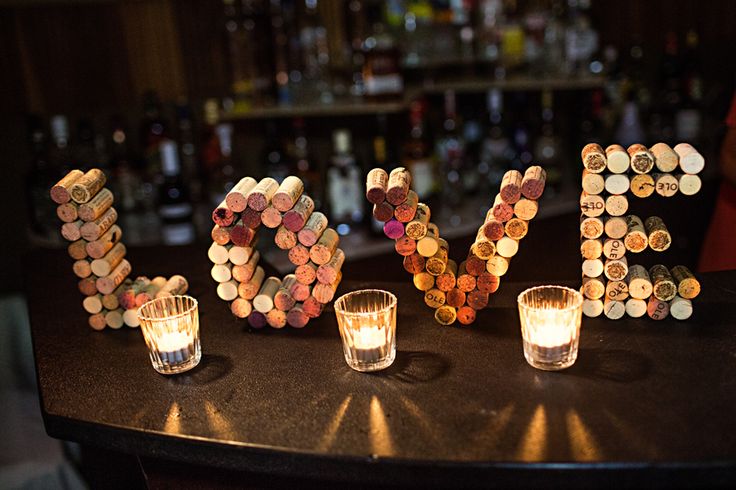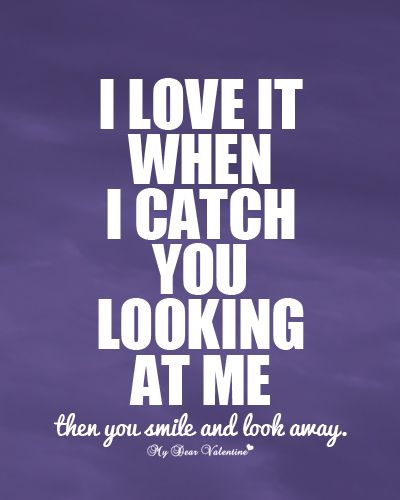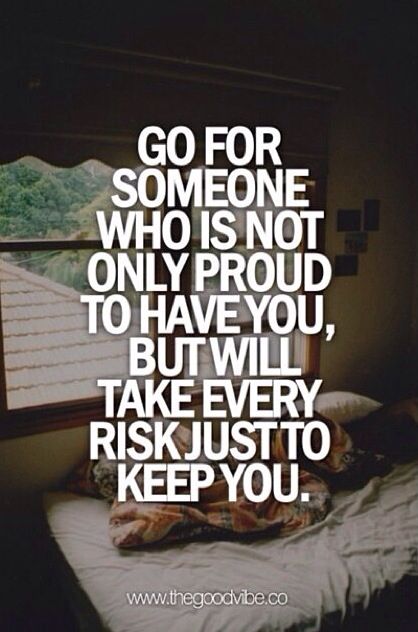Freedom: Are you single by choice?
We’re surrounded by people in relationships. But not all relationships are created equal. While some appear to be happily coupled, not all are.
Many of us fantasize that life will be better once we’re in a relationship. But all around the world there are couples who remain unhappy.
Where’s the gap? Are so many marrying the wrong one?
Many who haven’t yet chosen a partner claim they aren’t ready or haven’t met the right one. Few will admit they don’t want a relationship altogether.
Lots of people who are partnered up are ill equipped, or not emotionally ready or prepared for what’s involved. After the sparks and fireworks wear off, they’re left feeling deflated and mistakenly believe they married the wrong one.
Few will look inside and ask what they could have done differently to make the relationship work. Less will admit they really don’t want commitment, and never did.
The reason is because it feels wrong to say I don’t want a relationship, or I don’t have all the answers. Many are too scared to say, for now marriage really doesn’t suit me for one reason or another.
Not everyone is in a position to give up their hectic lifestyle to be in a relationship.
Relationships require time and space. If you don’t have this, it’s probably a good idea not to get into a relationship, because you’ll probably just tick off your partner.
To be in a relationship or not, either one requires a conscious choice.
You can feel free in a relationship, or out. What brings a sense of freedom and peace of mind is the conscious choice involved.
If you’ve chosen to be in a relationship, but just haven’t found the one, or the timing isn’t right yet, feel the freedom that you are on a path towards finding what you want.
The journey to finding a partner is longer for some than others. The decision about whether to be in a relationship is your cup of tea is a shorter but even more essential road.
Too many of my clients suffer because they never took the time to reflect on whether being in a relationship is for them. They get into a relationship or remain alone through inertia, and not conscious thought.
This is a pity and needn’t be the case.
From my experience, WHO becomes less of an issue once you’ve chosen the WHY. When you’re clear about why you want in or out of a relationship, the rest falls into place.
If you remain in a place of ambivalence and fear, this is unnecessary torture.
If on the other hand you have chosen to be single, then own it, and be proud of it. There is nothing wrong with this decision, and don’t let society make you think otherwise.
If you aren’t sure where YOU stand, hit reply. I love helping people with difficult decisions like this.
Post Relationship Trauma- Getting to the Other Side
Post Relationship trauma is a common barrier to forming healthy, loving, romantic relationships. To learn more about Post relationship trauma and how to heal from it, read this article.
Are You Scared Like Crazy When it Comes to Love?
When it came to dating and relationships, Chana had no shortage of experience. Before she met me she didn’t realize that she was actually scared of love. She just thought love hadn’t paid her a visit yet. Or that she was unlucky and this was why she was still single.
She’s an intelligent and attractive woman. Well educated with a promising career. I’m not saying she lives on Easy Street. She experiences plenty of bullying, people trying to undermine her authority, who pass on their extra load when they can.
This is an experience Chana’s used to. Even though she lives with lots of discomfort at work, she is prepared for it, because it’s familiar.
Chana experienced bullying her entire life, starting at home. For as long as she can remember, Chana was the family scapegoat. When there was any problem, she bore the brunt. If the family had financial difficulties, she had to go without. Chana often felt completely alone. The only thing she had in her life that really made her feel good while growing up was her ability to rely on her imagination and her intelligence.
Chana dreamed of being a successful lawyer from early on when she watched LA Law and Law and Order. She voraciously poured over all the court cases in the NY Times. Law was something that gave her passion and drive. Chana derived strength from her knowledge. This made her feel powerful and in control.
Chana clung to her intelligence for a sense of self and support. This was something she could always depend on. No one could take it away from her.
Love, on the other hand has always been a disappointment for her. Whenever she looked for it, Love would always let her down. Pretty early on in life Chana convinced herself that love was a fantasy that wouldn’t come knocking on her door. As painful as it feels to admit to herself, she quickly resigned herself to the fact that she was doomed to living a life alone.
Chana had a really rough introduction to the world of love. As a result, for Chana, love and fear are connected so strongly that she can no longer imagine them apart.
Still, Chana longs for love, as this is something that is built into each and every one of us.
The difference between those of us for whom love comes more easily and for those of us who have a harder time, is the belief that it will actually happen. Obviously, if we felt love on a regular consistent basis then our belief that we are worthy of It would come more easily. If we had to work too hard for love, then we internalize the belief that only through hard work does It actually show up.
For those of us, who were the good little child, sometimes referred to in Israel as the “Yeled Tov Yerushalayim,”, we are left confused as to what more we can do to earn our parent’s love. After all, we couldn’t try any harder. We feel furious with those who seem less deserving and for whom love comes so easily.
So how do those of us for whom love didn’t come easy turn this around so we can create a loving and safe relationship that we can actually trust?
Look out for my next article on how to turn fear of love into fearless love…
If you know someone who is paralyzed by fear and may benefit from this, feel free to share it with them.
Would love to hear what fears you have when it comes to finding love…drop me a line: mlavinpell@gmail.com.
Get Gr8 Conversation Rolling on a First Date
Getting a conversation started on a first date isn’t easy for everyone.
Tom told me he found getting a conversation started especially hard for him. He isn’t much of a small talk person. For him, first date conversation feels worse than being stuck on a roller coaster ride, upside down, and naked. Figuring out what to say… Getting the listener interested…responding to what they have to say…it all feels like such a lot of work. Why even bother? Tom would rather stay home cuddled under his blankets, with his dog lying beside him on a cold winter night, than risk facing another failed date.
Who can blame him? If you find starting conversations really hard, no matter how badly you want a relationship, giving up just feels simpler.
Bare in mind that most people are not excited to be on yet another first date
In Hebrew we say “Kol hatchalot kashot.” All beginnings are difficult. But if we consider some realistic expectations that we have of ourselves when it comes to conversation, we can really make things flow much better.
For example, considering what we want our date to know about us is a good place to start. This can help us target our conversations better and ensure we cover important topics.
If we want them to know that we enjoy a good sense of humor, we can share some humorous (yet not too embarrassing stories) about something that happened to us.
If we want them to know that we’re spiritual, we can share a story about something that really made us feel alive and made us see the greater beauty in this world, and that made us realize that something much greater and larger than ourselves is in control.
For those of us who are super thrifty, we can talk about a great bargain we found the other day that made us really happy.
Tech people can share a new gadget they came across that they never imagined and talk about how this will improve people’s lives.
If we want our date to know how thoughtful we are, we can share the story about our last chessed trip to the hospital, or the last time we donated food to chayalim or the poor.
Coming up with stories and pieces of information at the ready can show the other person a lot about ourselves. If we were to only say, I have a good sense of humor, or I really appreciate a good sense of humor, our date may not believe it without a demo.
When we live up to our own expectations and come up with things to share about ourselves, we pave the way for our dates to step it up as well and enable an easier interaction. We have to realize that this may not always get a good conversation going as some people, no matter how hard you try, will never be impressed. It’s always worth making an effort on a first date, because you never know, they may have a friend that’s a better fit for you? It may tell us that this person has expectations that are too achievable, or that they simply aren’t into the things that you have to show them.
Most people, even if they don’t have the exact same hobbies or areas of interest as you, will feel attracted to or at the very least appreciate someone for making an effort. When we show interest in what someone has to say, it makes them feel good and think well of you. This can be a great first step in getting the attraction started.
Some of the things you can do to get conversation rolling on a first date include:
1) Take a deep breath before your date gets started and don’t forget to breathe throughout.
2) Notice your pace of conversation. Make sure it matches your date. If you’re too fast, slow down…too slow, speed up.
3) Don’t try to build Rome in a day. You don’t have to get every detail of a conversation in there. You can just share a piece of conversation and if it’s really interesting revisit on another date.
4) No matter how intense you are, try and keep it light.
5) Share a piece of information that reveals something about yourself, without giving it all away.
6) Share a story about something that made you feel excited or uplifted.
7) Talk about how your friends experience you.
8) Share cute stories about what you did as a kid.
9) Share cute stories about your friends’ kids, or your nieces and nephews.
10) Don’t expect the other person to provide the entertainment unless you have prepared as well.
By following these simple ideas you should be well on your way to being able to get a conversation rolling on every date.
If you still find first date conversations daunting, drop me a line and let me know how I can help: mlavinpell@gmail.com.
How to Make the Miracle of Love Happen this Chanuka?
I’ve always been fascinated by the story about the miracle of Chanuka! The tiny army of Maccabees beating Antiochus’ strong and mighty army…the pot of oil lighting up the Menorah for 8 days instead of just one!
Many people ask, why don’t miracles like that happen today? But actually, miracles of all sorts can be found everywhere today too.
If you think about it, the fact that we do things at the speeds we do is nothing short of a miracle. Ordering whatever we want and getting it the next day. Things being broken and fixed in a matter of seconds, being in one country one minute and another the next…these are all miraculous albeit expected events.
If we just stop and think about all of these things that were impossible only 100 years ago and how seemingly natural and commonplace they are for us now, it puts into perspective just how much hope and belief there is for the things that are difficult and seemingly impossible for us to come by.
The miracle of love is no less great than being able to find new medical cures, or fly into space. The only difference between the two, is that we expect romantic love to just happen. Because we witness so many falling in love around us, or we watch it in the movies. We have this expectation that love will just happen or it won’t.
Having experienced this for myself and having helped many others; finding true love is no less miraculous, no matter who you are or your life circumstances. When we take love for granted and expect it to happen, this diminishes the miraculous feeling that comes with love.
What makes miracles so exciting and appealing is the fact that we can’t explain them. They just make little sense to the human mind. But one thing that makes the possibility of a miracle more likely is the passion, desire and belief that something greater than ourselves is guiding the process.
When we want something for a long time and don’t get it, some of us start to lose the hope and belief that it will happen. The thing is we don’t have to go back as far in history as the story of the Maccabees to experience miracles. They happen all around us today too. We just aren’t always as primed to appreciate it as today we have so much expectation about how things should work.
Expectations diminish the flow and possibilities of miracles to occur. Because we expect things to just work, we get disappointed when they don’t. Rather than the other way around.
Top tips to make the miracle of love happen!
1) Believe that you’re worthy of love

The more we feel worthy of love, the more others recognize this too. So we need to make sure our feelings of self worth are alive and well to help this along.
2) Believe that love is possible
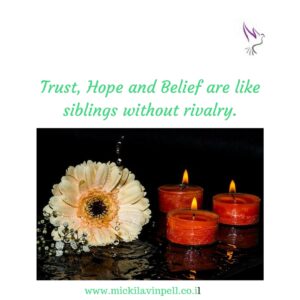 When our hope for love has been dashed a few too many times, it’s super hard to believe love is out there. What I tell my clients is that the more you’ve experienced love, the easier it should be to believe in love, because you’ve already had a taste of it. As we hold onto those tastes we’ve had in the past rather than let it hold you back, let it guide you. Learn from what didn’t work and make the next love you let in even better!
When our hope for love has been dashed a few too many times, it’s super hard to believe love is out there. What I tell my clients is that the more you’ve experienced love, the easier it should be to believe in love, because you’ve already had a taste of it. As we hold onto those tastes we’ve had in the past rather than let it hold you back, let it guide you. Learn from what didn’t work and make the next love you let in even better!
3) Believe that everyone you meet is in your path for a reason, whether they are the one or not. Learn from them.
Rather than feeling despondent about meeting yet another person who isn’t for you, instead consider what you may offer one another, how you may help one another. Even if they aren’t in your path for love, see what other things you may learn from them. They may have an interesting hobby, philosophy on life, or just offer you a new perspective on something. Hold onto that and appreciate it.
4) When you meet someone new, don’t size them up. Just allow yourself to appreciate their presence and see what emerges.
5) Look out for the positives in the people we meet and from the well-meaning people who attempt to set you up. When we are positive it inspires others to think kindly of us and makes them want to do good things for us. It’s called positive karma, what goes around comes around.
 I’d love to hear about some of the miracles you’ve had in your life so drop me a line: mlavinpell@gmail.com. The more we recognize how we’ve been blessed the more blessings seem to come our way.
I’d love to hear about some of the miracles you’ve had in your life so drop me a line: mlavinpell@gmail.com. The more we recognize how we’ve been blessed the more blessings seem to come our way.
But I’m a Nice Frum Jew…How Can I Flirt?
Flirting may actually be a mitzvah, because it is that thing that may help you create a successful relationship!
What’s the shame about couple’s therapy?
Is shame blocking you from creating a loving marriage or relationship?
Are You Ready to Take a Relationship Risk?
If you never too a relationship risk, you’ll never know what you may have missed out on.
